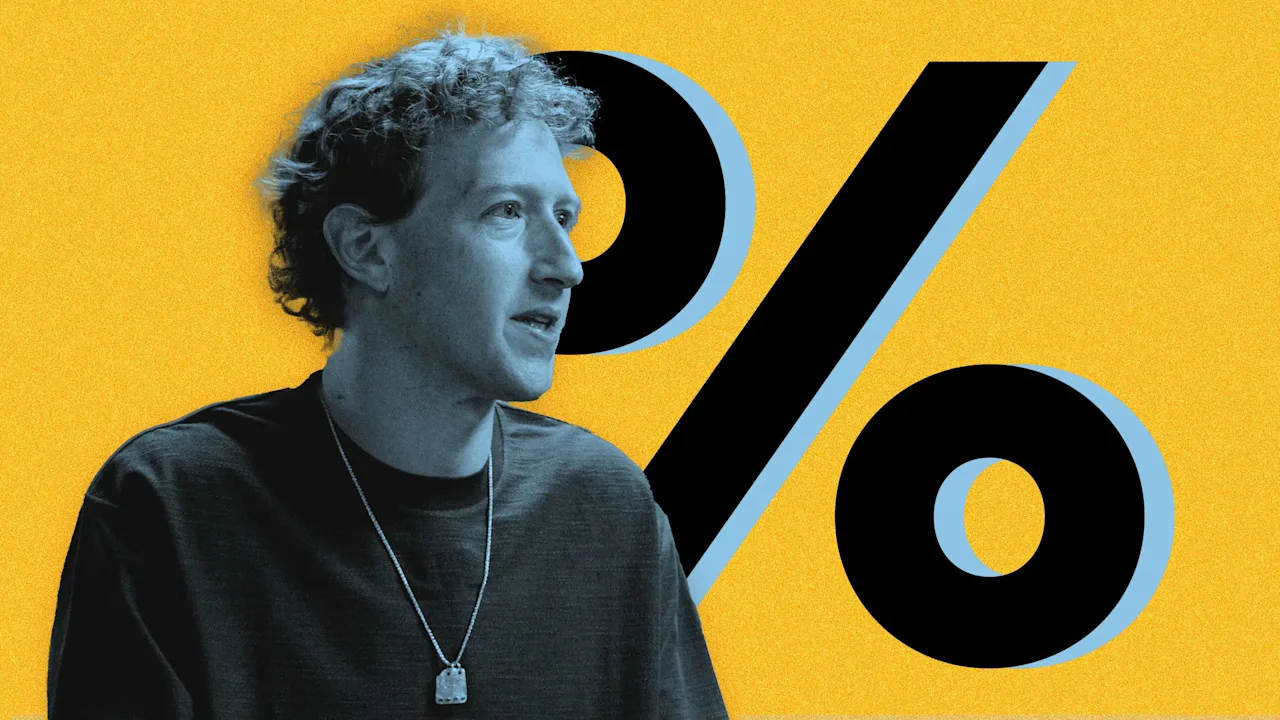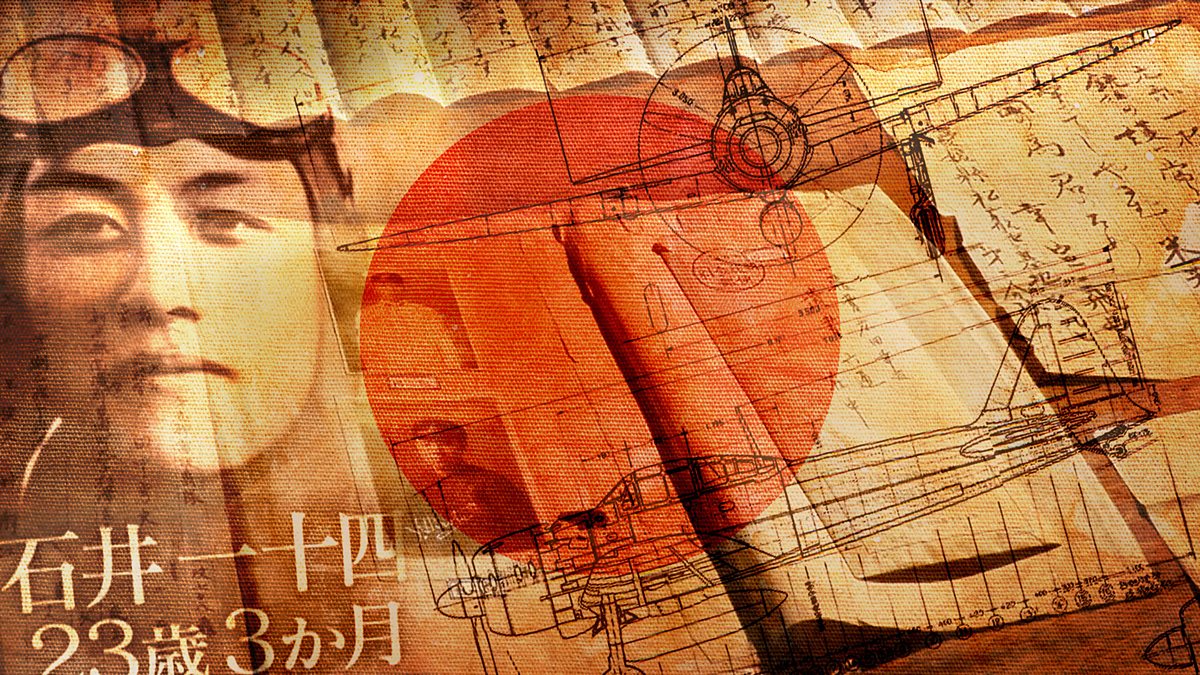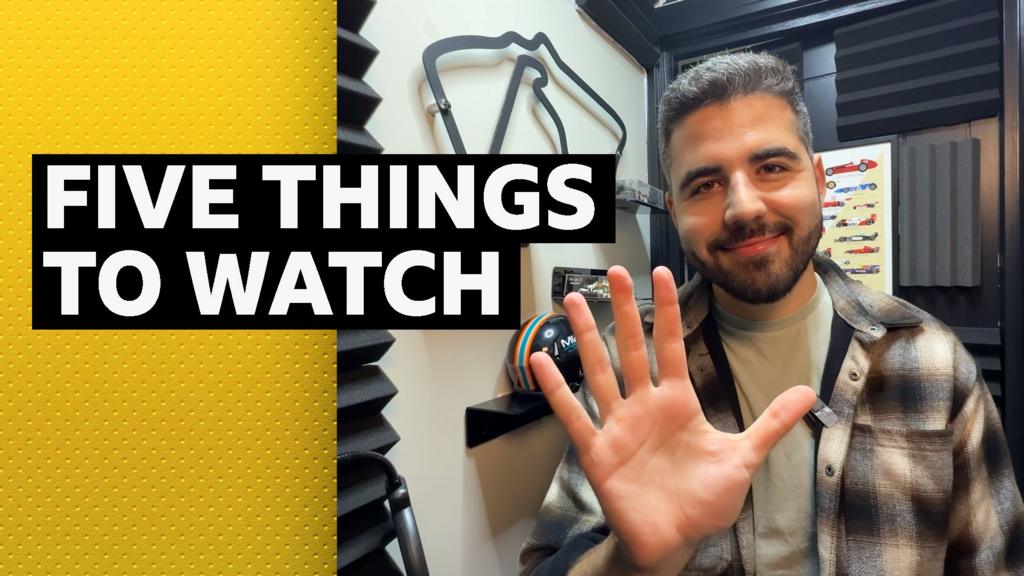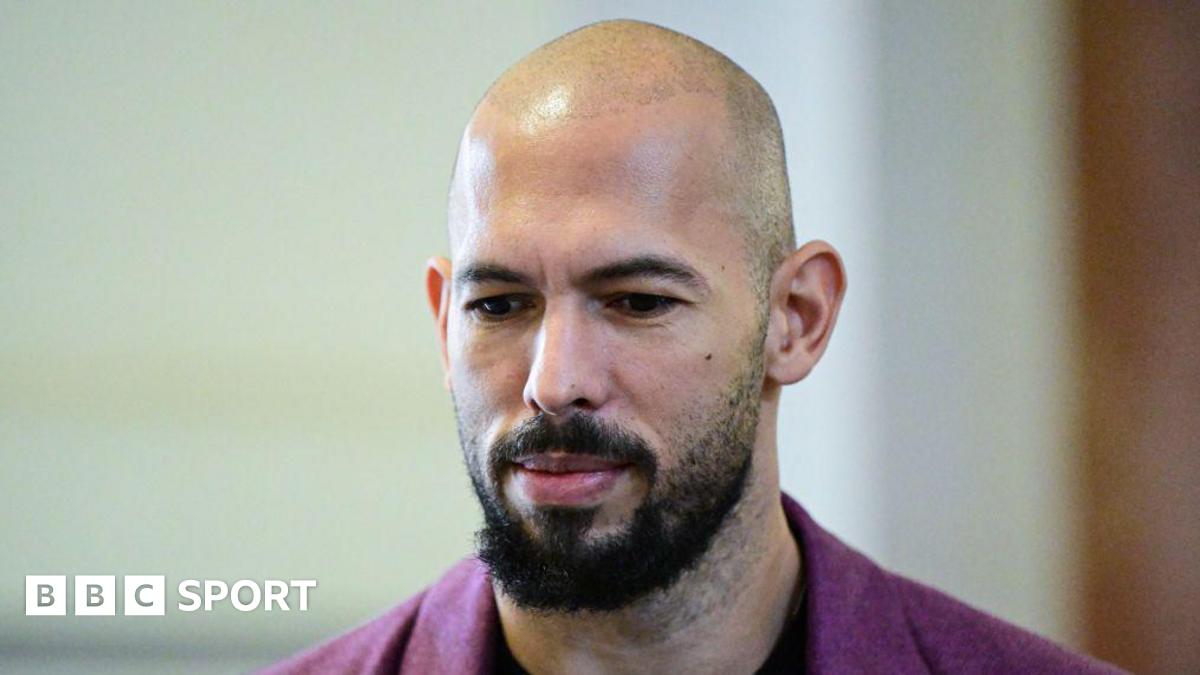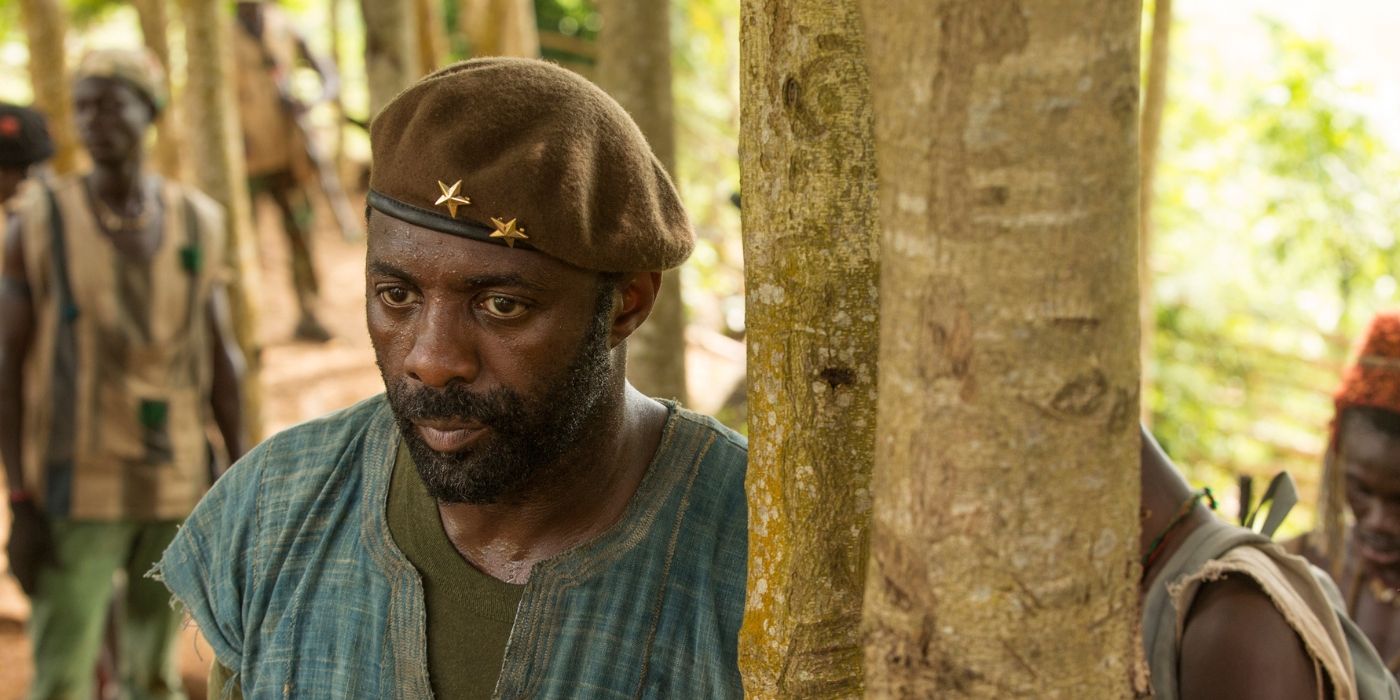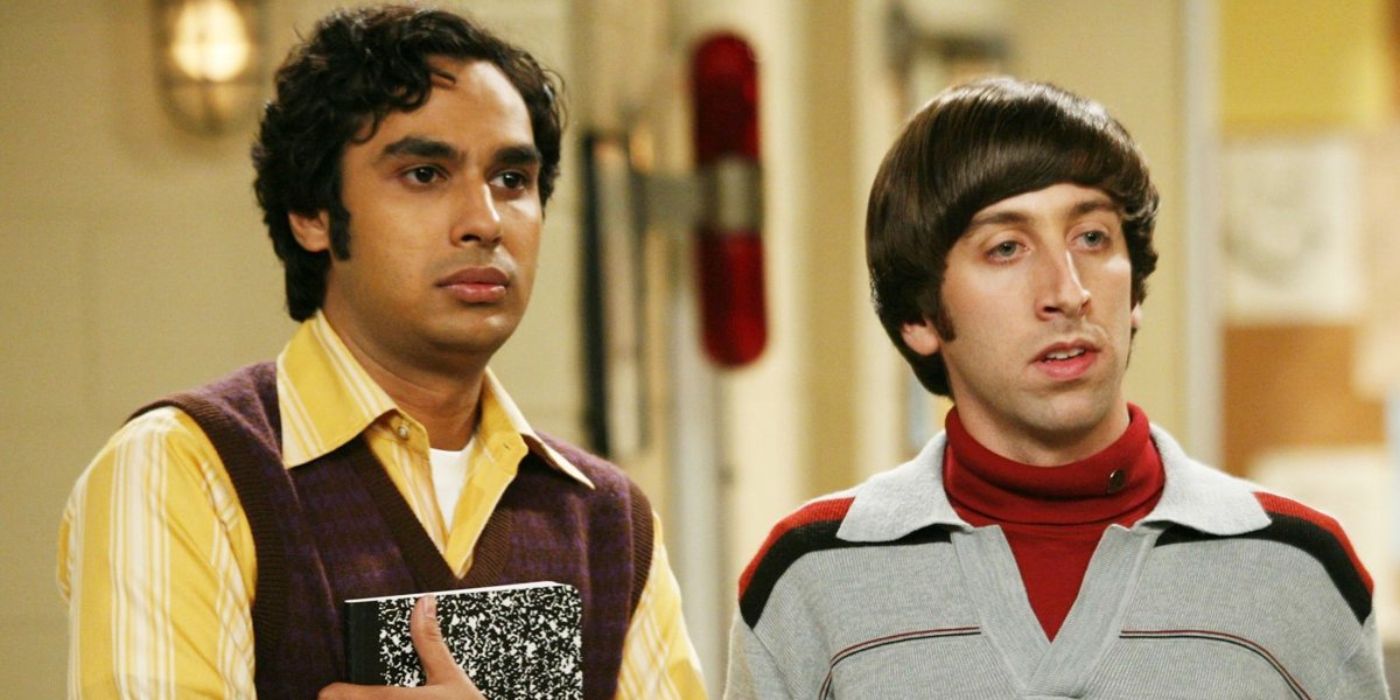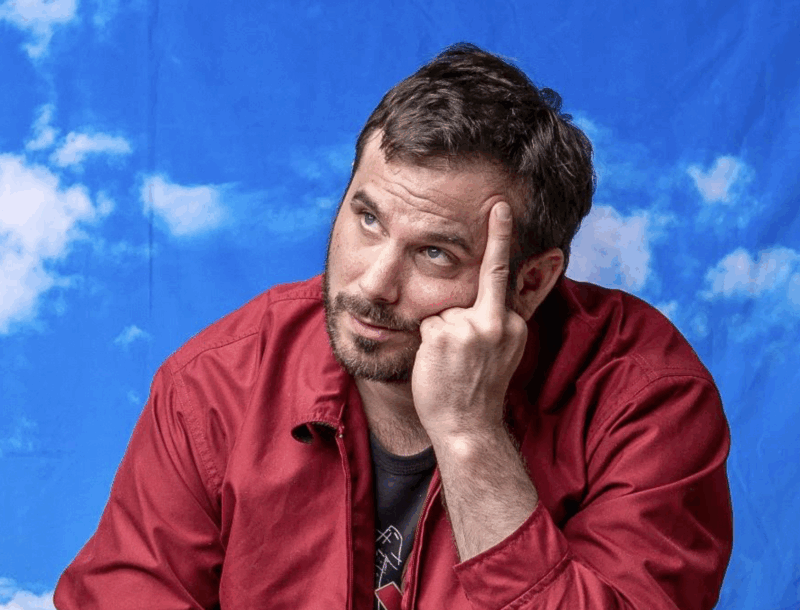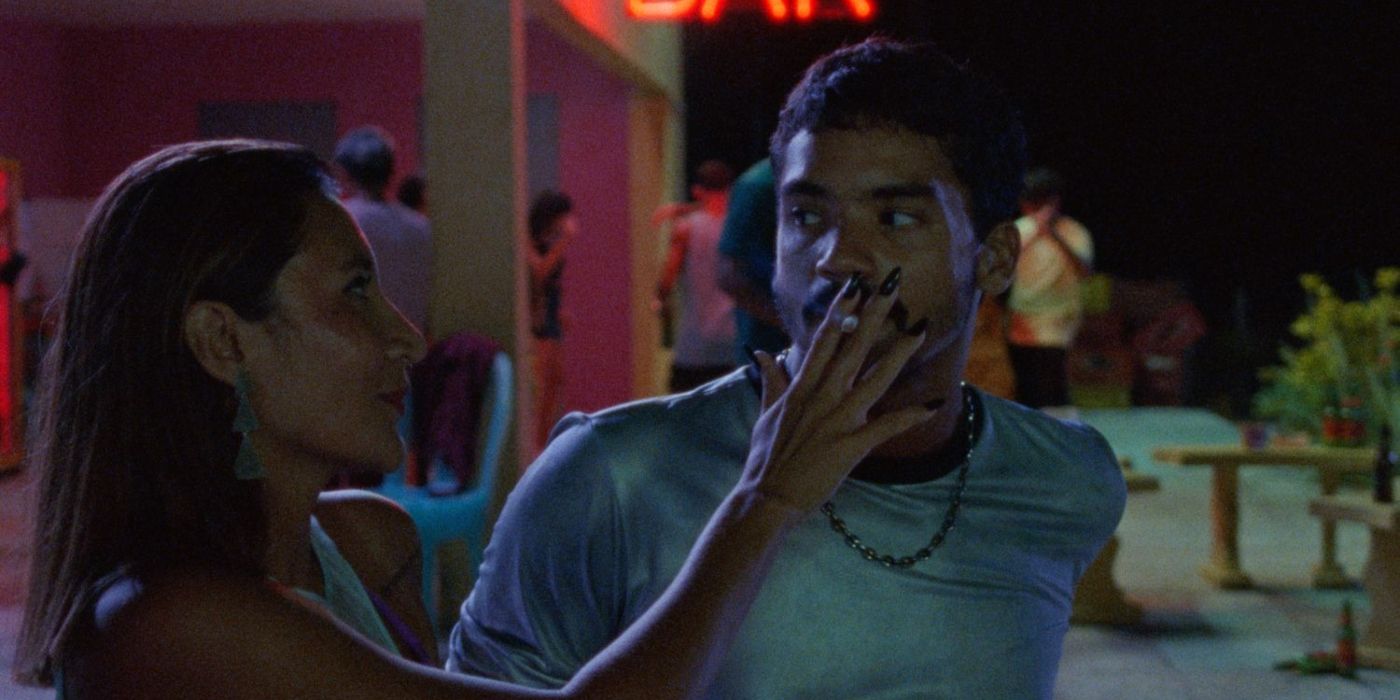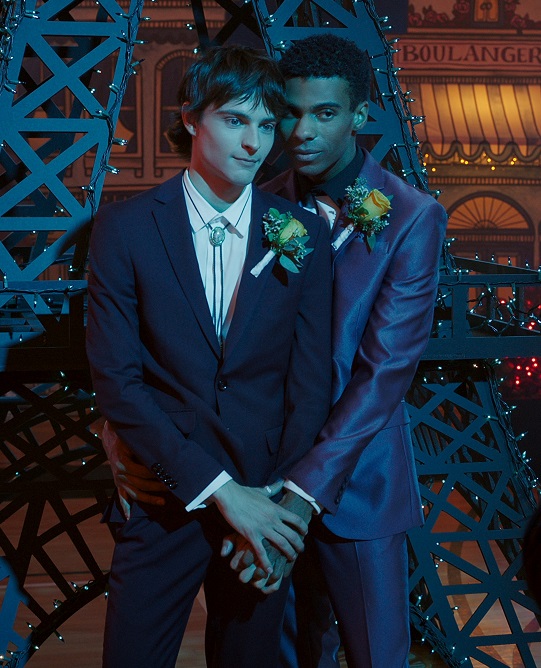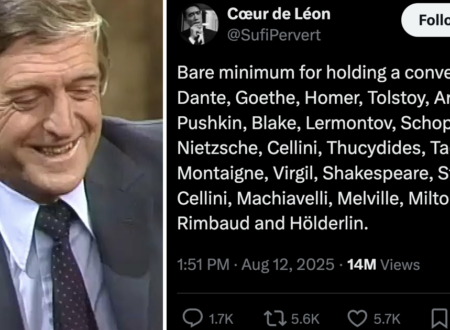Inside ‘Elvis Evolution’: AI and immersive tech bring the King’s life to the stage in London
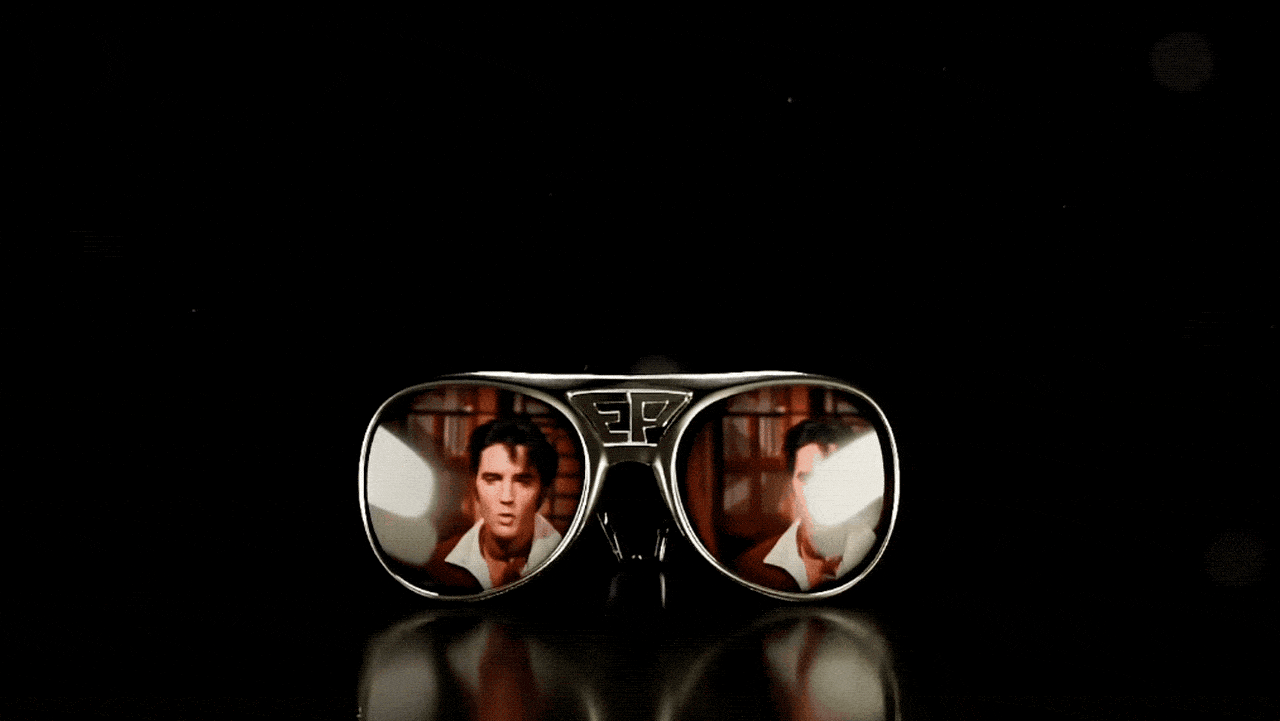
Stage fright is not a term you’d associate with Elvis Presley, but in 1968 he was all shook up—with nerves. Ahead of his make-or-break “comeback special” after years floundering in Hollywood, the King had cold feet. He told the special’s director, Steve Binder, he was “terrified,” adding, “I don’t know if I can do this . . . just me and a guitar in front of people?” He half-joked to his entourage about retreating to Hawaii.
Apart from a few close confidants, no one has ever witnessed these intimate moments of reservation. But starting July 17 in London, guests at Elvis Evolution will see an AI-generated Elvis play out these fears, and other key moments of his life. The immersive event will be powered by various types of tech, but the creators want to ensure that none of them get in the way of the magic of being transported back in time.
Layered Reality puts on experiential events comprising three “layers”: tech, theater, and physical elements. The tech is multifaceted, from augmented reality to 3D audio effects; the theater comprises traditional sets and live actors; the physical elements are sensory stimulants like touch and taste. “That’s a really intoxicating combination,” says founder and CEO Andrew McGuinness. “Often they’re kept in separate worlds. We firmly believe they belong together.”
The company has deployed this mix of elements for Londoners three times before, including in retellings of War of the Worlds, and The Gunpowder Plot, hosted in the eerie vaults below the Tower of London. The new endeavor is far from a 17th-century plot against a king—though, this one also has a king, or rather, the King.
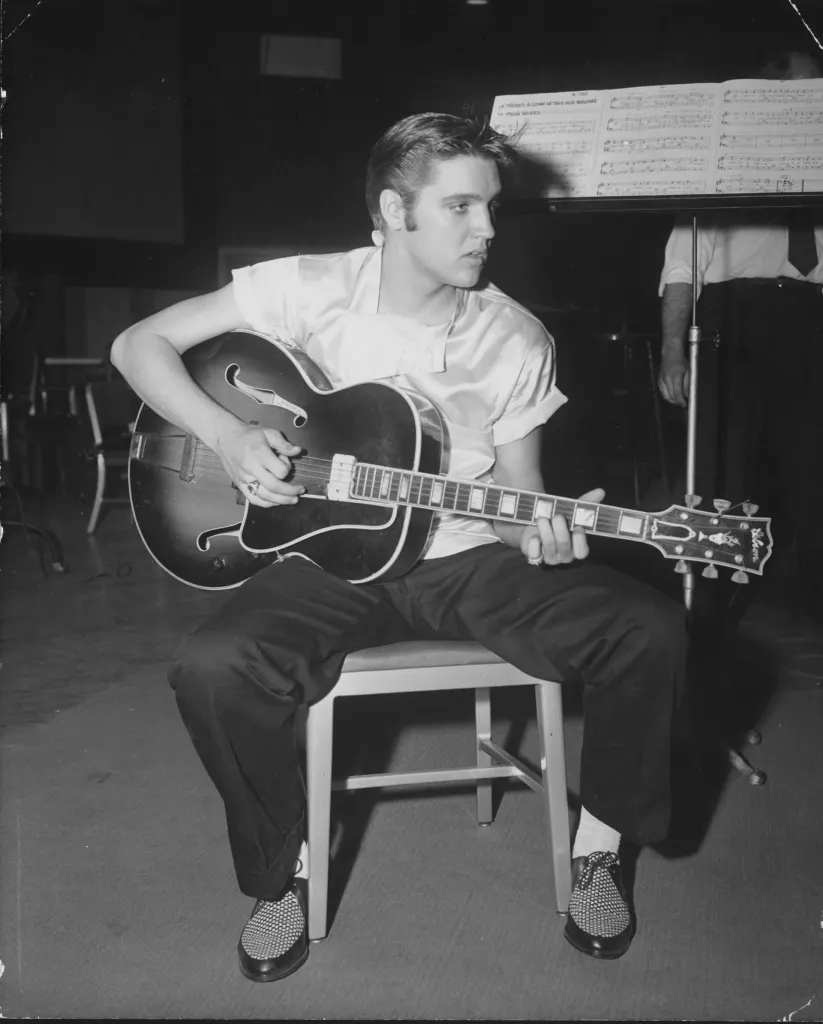
Back in time with theater and tech
Guests will be escorted through a story-based experience of Presley’s life, from a young boy, through the rebellious leg shakes of the ’50s, through the opulent Vegas years, all on purpose-built sets at Immerse LDN, a new immersive entertainment complex on the River Thames waterfront.
Groups will walk through scenes like a ’50s diner and a dressing room. At times, walls and sets will move around them. They’ll take on different points of view. “You are literally going to walk in his shoes at one point,” says Simon Reveley, head of studios, not indicating if those shoes are blue suede.
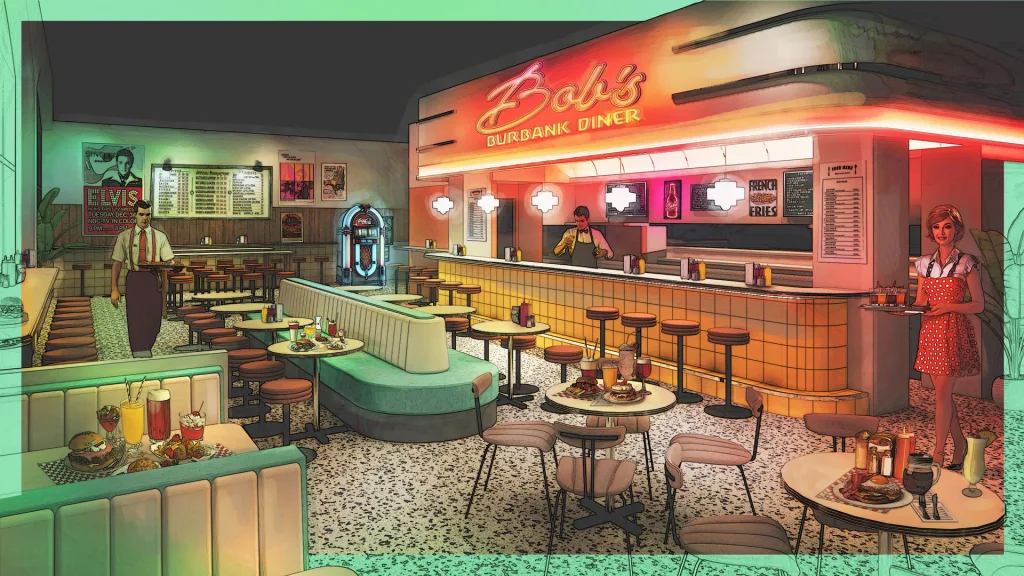
Different scenes will employ different tech tactics. “We are very deliberately technology agnostic,” McGuinness says, stressing that tech is simply a “tool” to enhance the experience. “When it’s at its best, the technology gets out of the way.”
In past Layered Reality shows, tech ranged from subtle to sensory: in one scene in The Gunpowder Plot, for example, guests hide in pitch dark from priest hunters, with spatial audio and LED floor lights simulating creeping footsteps; in another, a VR-enhanced boat ride layers motion effects with water sprays, cool air, and the salty scent of the sea—blending physical cues with digital immersion to trick the brain into believing the experience.
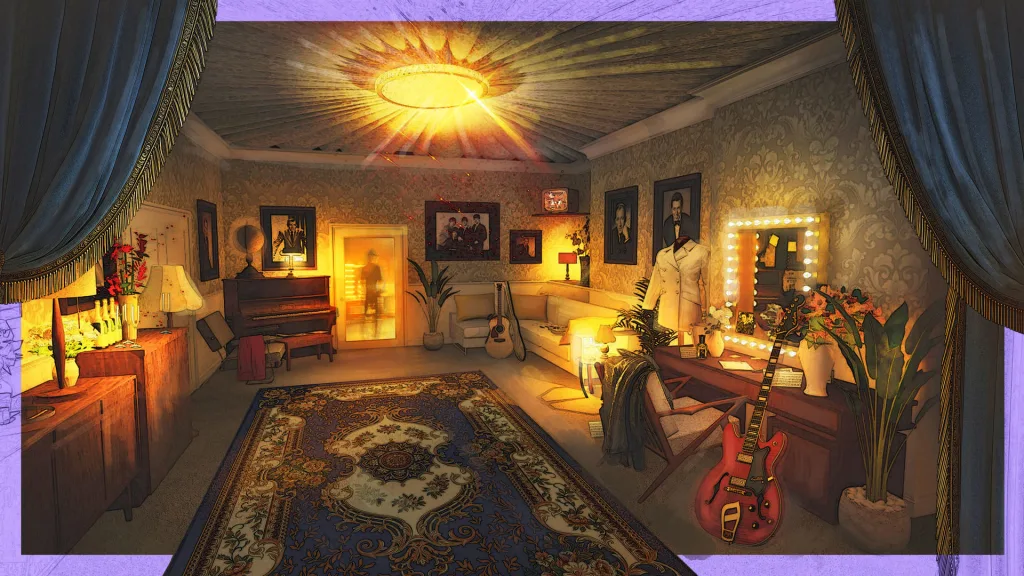
For Elvis, they don’t want to give away too much to ruin the element of surprise. Of course, music will be central. Through it all, artificial intelligence helps to remaster sounds, and upscale footage quality.
“AI Elvis”
But AI’s starring role is in “AI Elvis” himself. Guests will come face to face with the recreation of Presley. Layered Reality trained the AI on hours and hours of footage, feeding an algorithm concert clips, Cine 8 films, and thousands of photos.
AI Elvis has been done before in 2022, on America’s Got Talent. An actor served as Elvis’ deepfake double, creating movements to make it look as if Presley were performing “Devil in Disguise” (with a deepfake Simon Cowell).
Reveley explains that with more advanced facial generative AI, you can now tune the algorithm to lean more into the original source material than the human actor. AI can pick up on minute nuances, vital for someone whose expressions, like the lip curl, were so iconic. “We all know them so well, and so does the machine learning algorithm,” Reveley says.
Much of the purpose of AI Elvis is to “unearth” footage that happened but wasn’t captured—like the nerves before the ’68 TV special.
Ethics and delays
Recreating imagined scenes raises ethical questions, of whether a person no longer living would want to share their most intimate moments with the world. But the team insists its project is different from the Simon Cowell duet—or the AI Anthony Bourdain that was controversially made to narrate part of a documentary—because they aren’t fabricating something that never happened. “AI [is] being a digital archivist rather than an originator,” McGuinness says. The Presley estate is also heavily involved, and granted the team access to all the footage. (The Presley estate did not respond to Fast Company’s request for comment.)
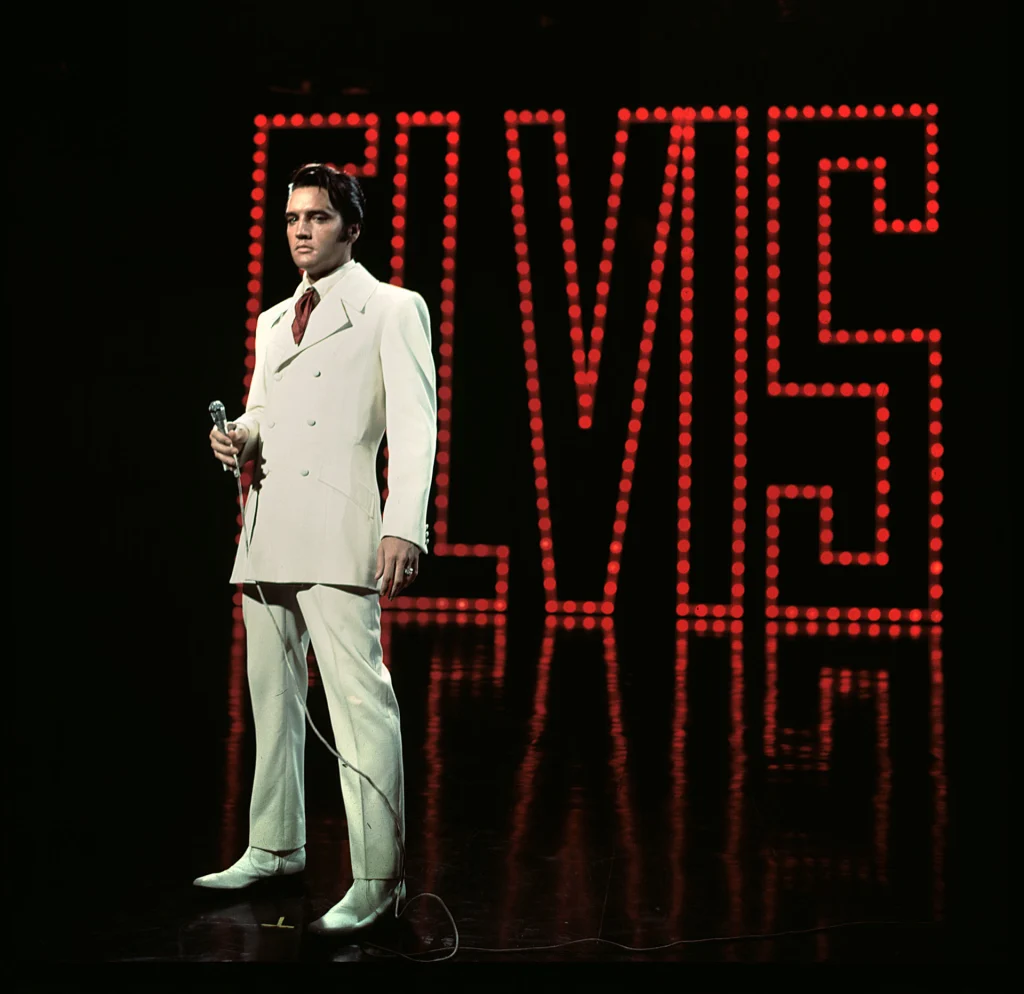
To create AI Elvis, Layered Reality partnered with the Mill, a visual effects agency that won an Oscar for bringing Oliver Reed back to life in Gladiator. The Mill was a subsidiary of the postproduction giant Technicolor Group, which since 1915 set the industry standard for color entertainment. But in February, after years of financial struggles, Technicolor went bust. (Fast Company reached out to the Mill to confirm it was also affected, but didn’t hear back.)
That caused delays; though Layered Reality had ownership of AI Elvis, it had work to finish. They scrambled to hire artists from The Mill on contract to complete the final phases. They pushed back the start date twice, from the original planned date of March.
A post-pandemic events boom
It’s now on course to welcome guests, to experience what McGuinness views as part of a “live entertainment revolution.” It views its competitors not as other tech or AI companies, but anything else you could be doing that night, from a musical, to mini golf, to “that Italian restaurant on the corner of your street [where] you’ll end up spending 130 pounds.”
Given that comparison, McGuinness thinks 75 pounds ($102) for a standard ticket is fair. “We’re in the memory business, [and] too much of our money is still spent on immemorable things,” he says.
The business banks on a rising demand for these types of events. The term “experience economy” has existed since 1998, when it appeared in Harvard Business Review, but COVID-19 accelerated the allure, boosting the popularity of experiences like Cosm in Los Angeles and the Sphere in Las Vegas.
With that backdrop, Elvis Evolution hopes it can usher in a modern-day comeback. Of course, the ‘68 one turned out to be a tour de force, full of raw vocals and black leather. Nerves dissipated, and gave way to humor. “I sang to turtles and palm trees for years,” Elvis told the audience about his movie career. “This is a lot better, don’t you think?”
What's Your Reaction?
 Like
0
Like
0
 Dislike
0
Dislike
0
 Love
0
Love
0
 Funny
0
Funny
0
 Angry
0
Angry
0
 Sad
0
Sad
0
 Wow
0
Wow
0













